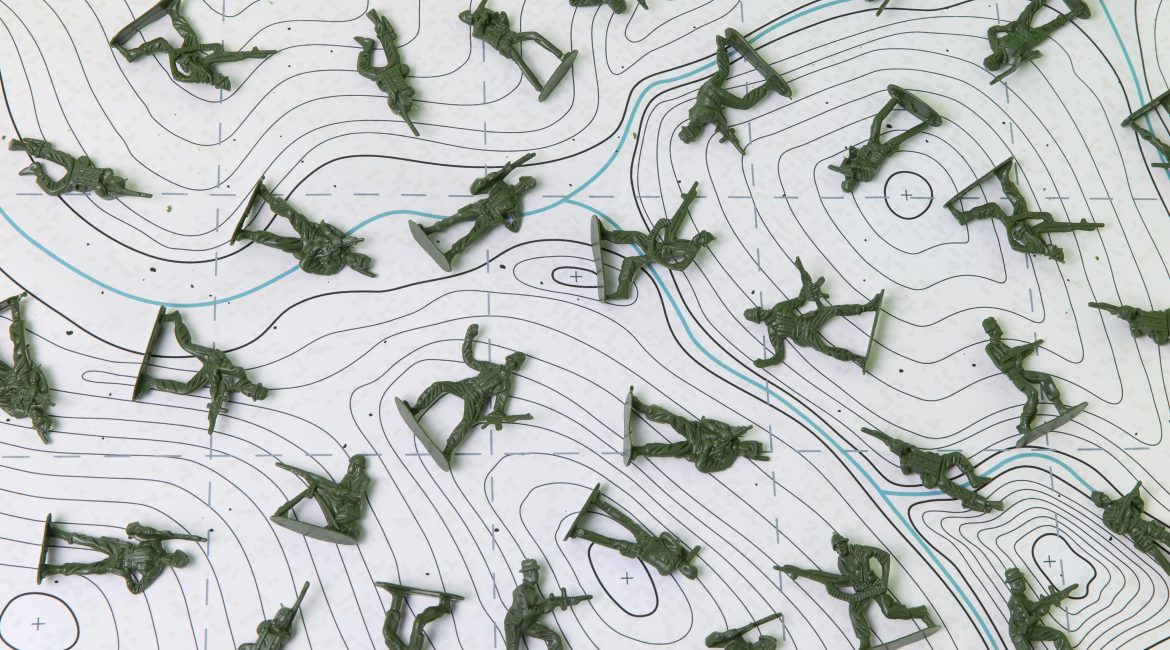A new year is upon the Middle East region, with austere files and very complex equations, unstable maps and peoples. Between 2011 and 2025, there is no straight line, and chaos has exhausted the region. Several important Arab capitals are still suffering from the effects of the cracks of the so-called "Arab Spring". Damascus has been delayed for thirteen years, living in siege and wars, lack of security and safety. But Syria is beginning a new stage. Eyes are awaiting the Syrian future and its repercussions on the region. Dangers are crowding in, and questions are increasing. There are floating answers and others that are submerged.
Syria is not like any other country, it is the heart of the Levant, which included present-day Syria, Palestine, Lebanon, Jordan, and some parts of Iraq and Türkiye. For two centuries, the nibbling and cutting of its lands have not stop, and the old map with an area of 307 thousand square kilometres, of which Syria is only 185 thousand, is the largest of the Levant in terms of area. But its location east of the Mediterranean, and above the Arabian Peninsula, made it a difficult number in the equations of geopolitical variables. Therefore, the Arab saying that "there is no war without Egypt, and no peace without Syria" is a correct adage, proven by the events of the region, during the past two centuries.
As for Syria today, and what is happening in it now, it is connected to this long history, of the interference of regional and international powers throughout the modern era. Since the so-called "Arab Spring", there is no doubt that the cards have been intertwined, and the features of stability in Damascus have been shattered. We cannot ignore the factors surrounding the Syrian state, where the Israeli factor is strongly pressuring for its expansionist project in Syria, whether by occupying the Golan or expanding it, reaching the countryside of Damascus, and striking on Syrian strategic weapons.
The second factor is the Turkish pressure with its long legacy, whether in the extended Ottoman era or in the current era, that seeks to regain its strategic influence once again. As a matter of fact, Türkiye had close relations with the former Syrian regime, as the volume of trade exchange between the two countries before 2011 reached 18 billion dollars. Moreover, it is to mention that Türkiye hosted six secret meetings between Syria and Israel, in search of signing a peace agreement.
Syria is a vital country, it is now facing huge transformations in ideas, visions and policies. It will quickly return to stability, and this is in the interest of the whole Arab region and the world, as it is not in anyone's interest for the Syrian maps to be torn up. We must not that Syria is a founding member of the Arab League, fought all the Arab wars, and contributed greatly to modern political and social culture. The peoples of the region have experienced chaos, and it is time for them to prevent the return of those difficult years that ravaged the maps and peoples.

